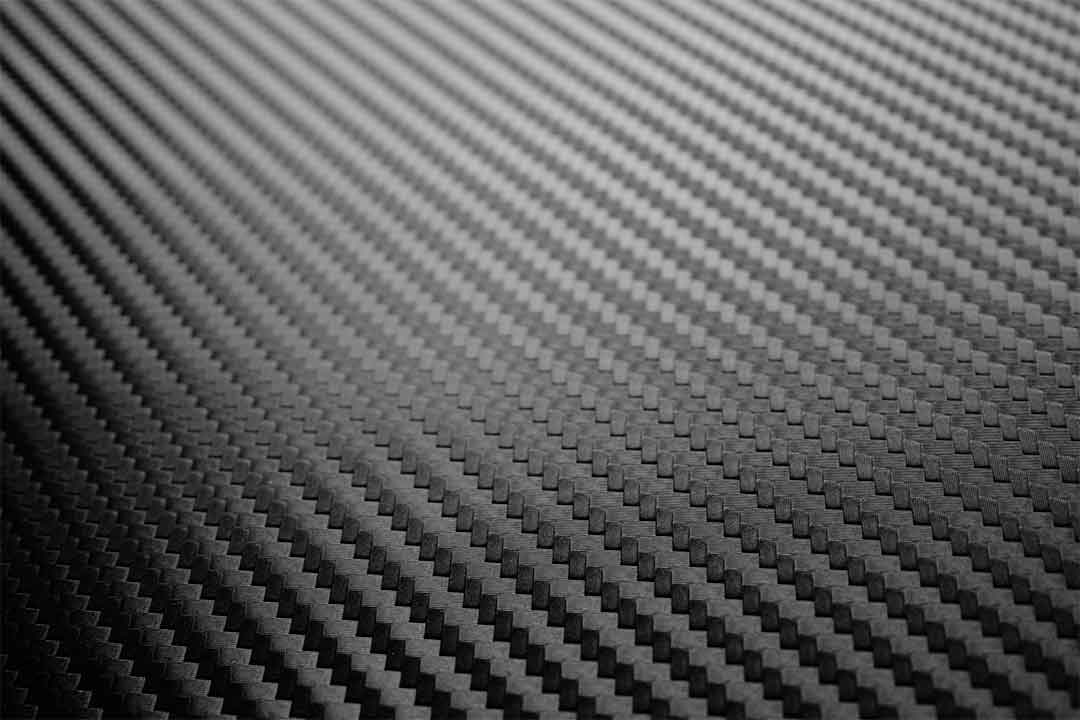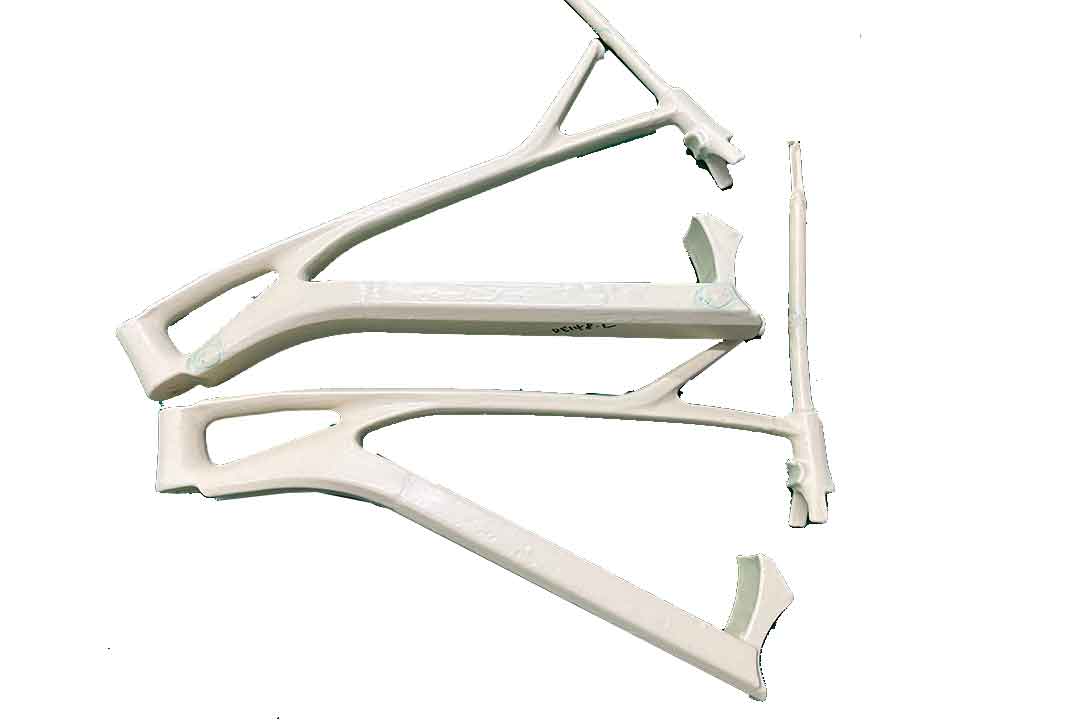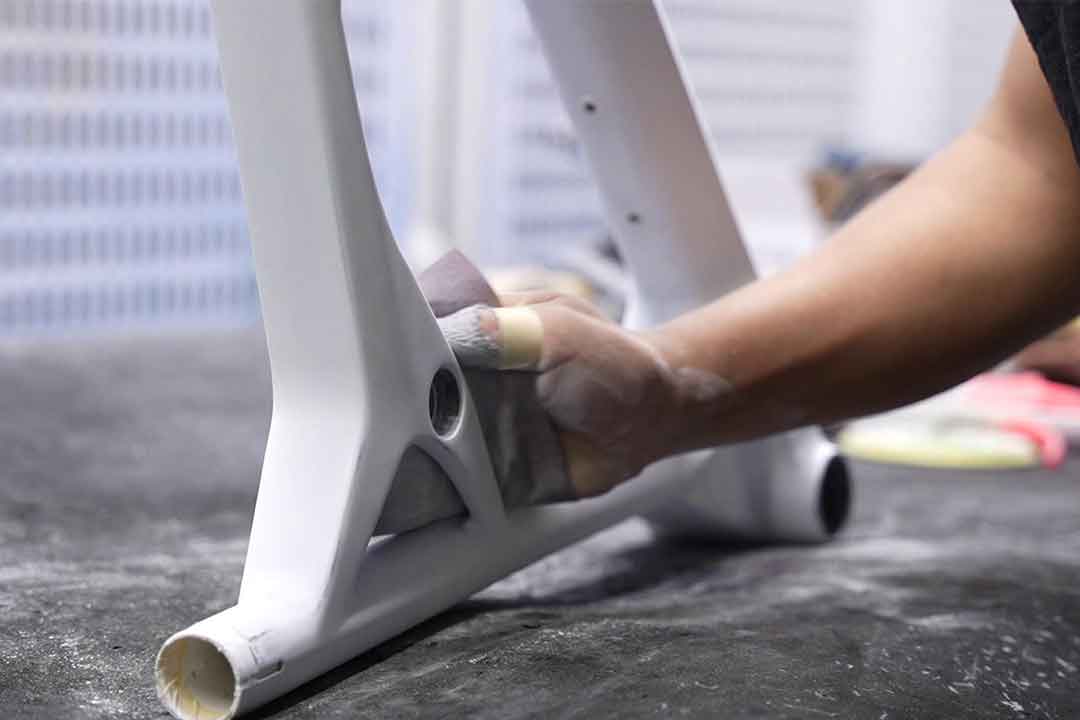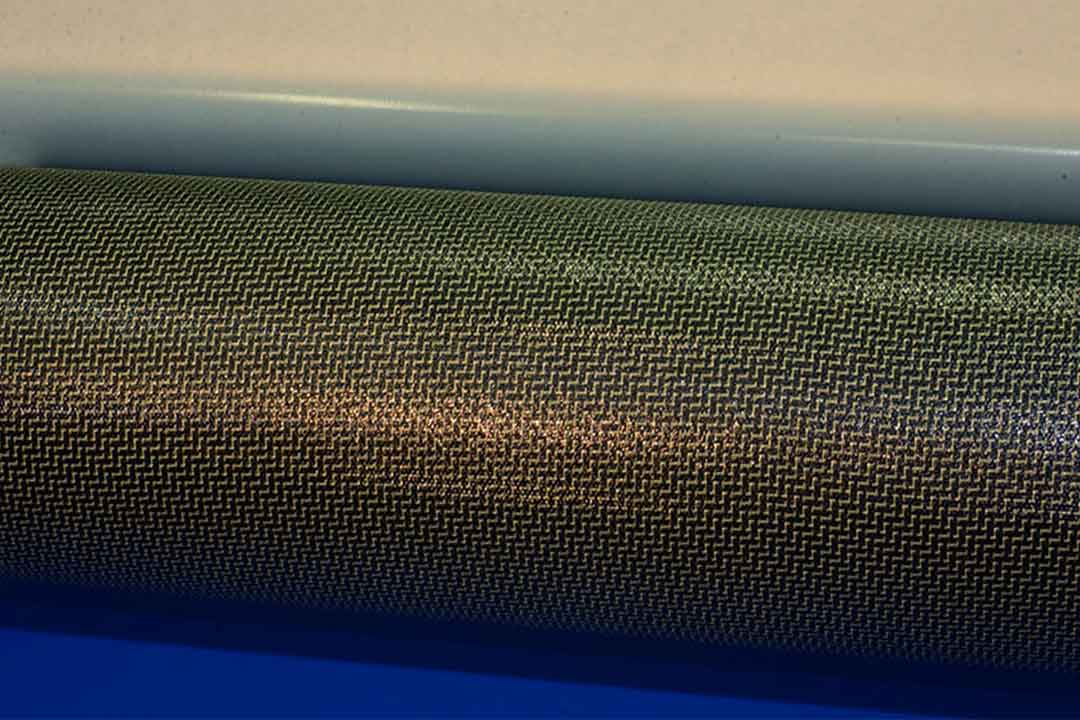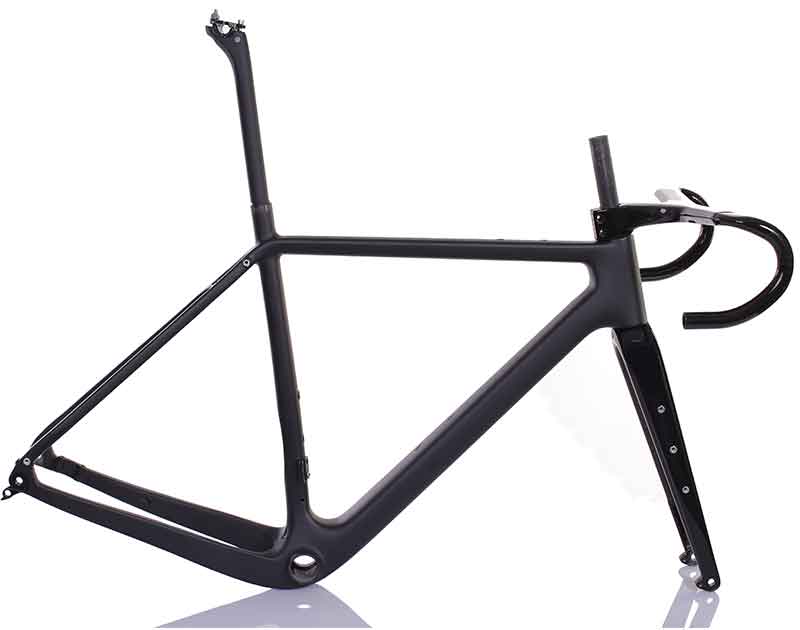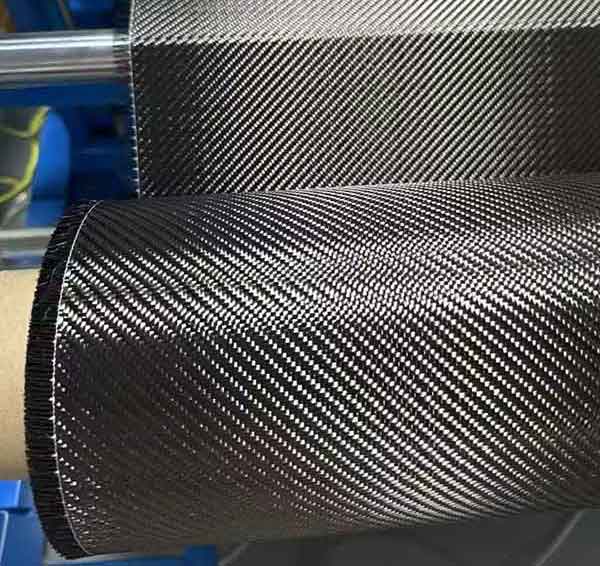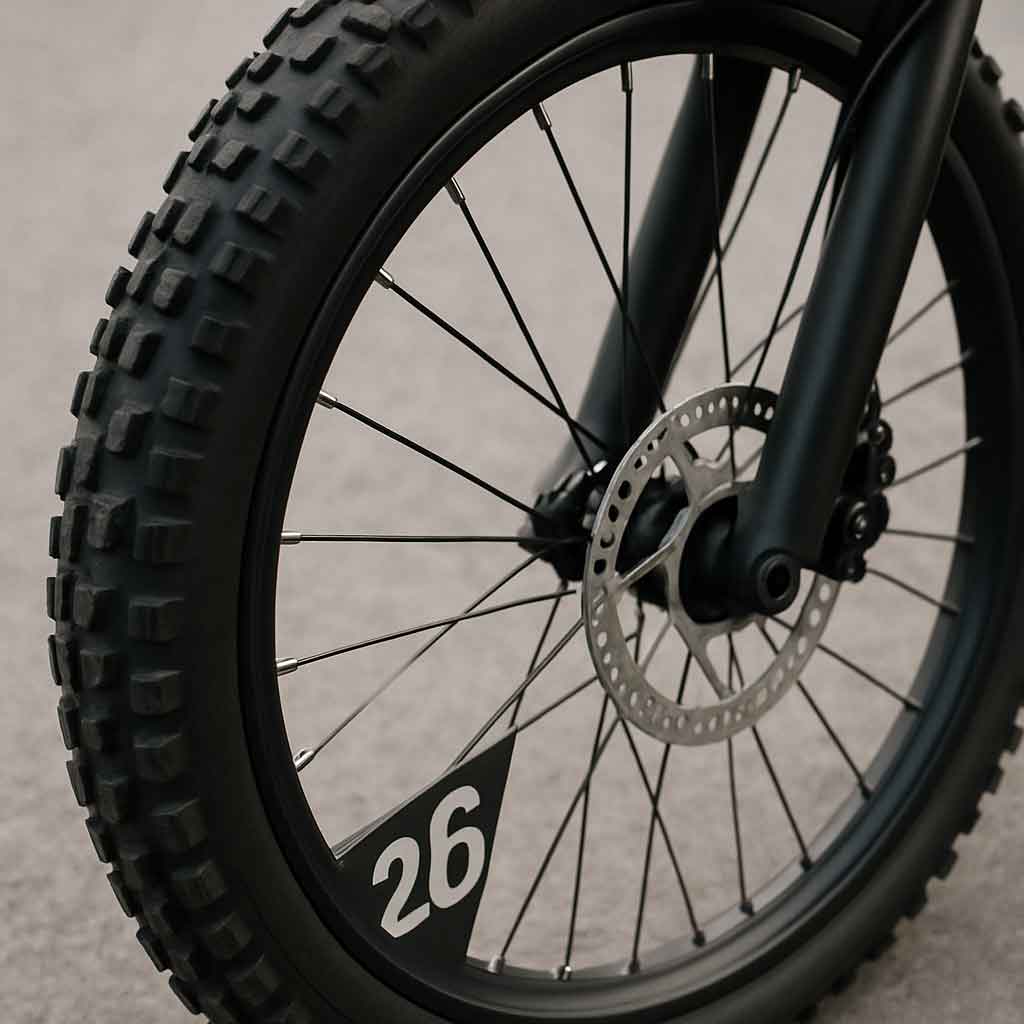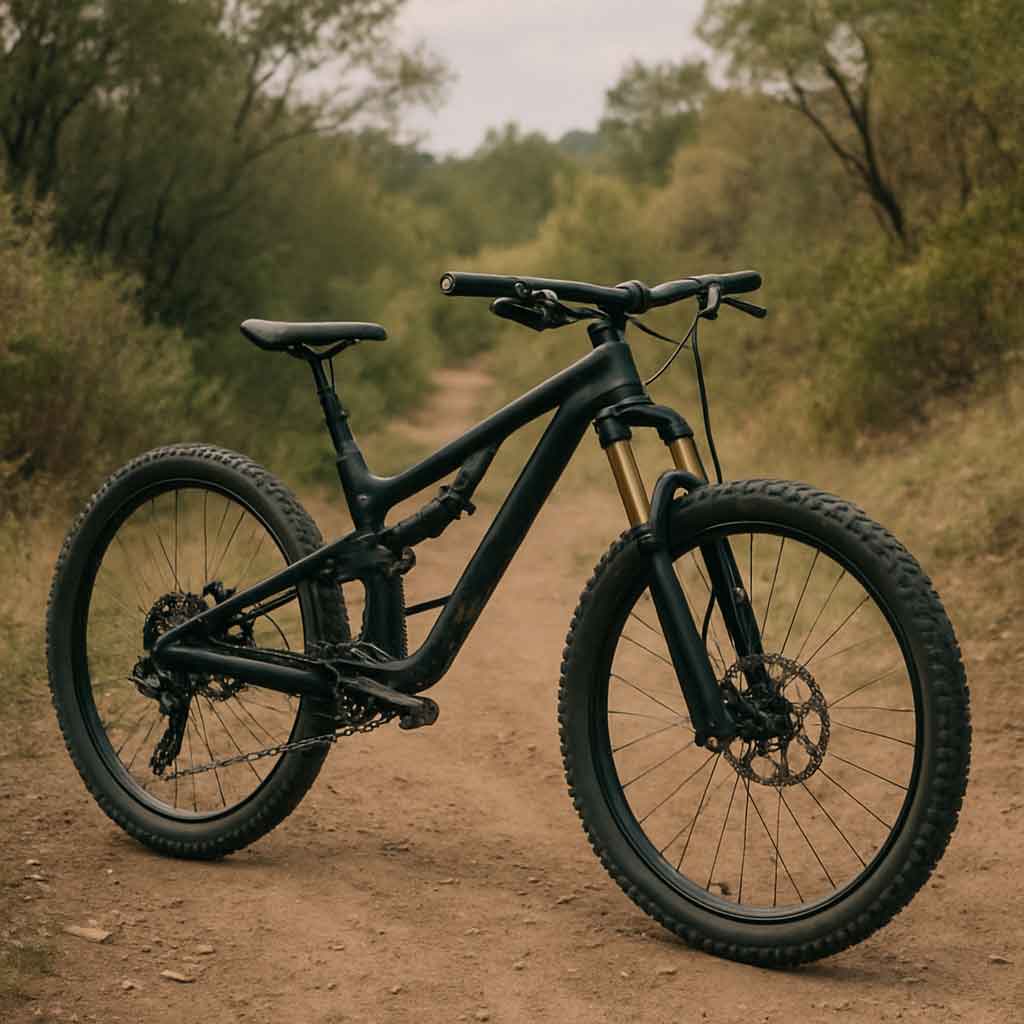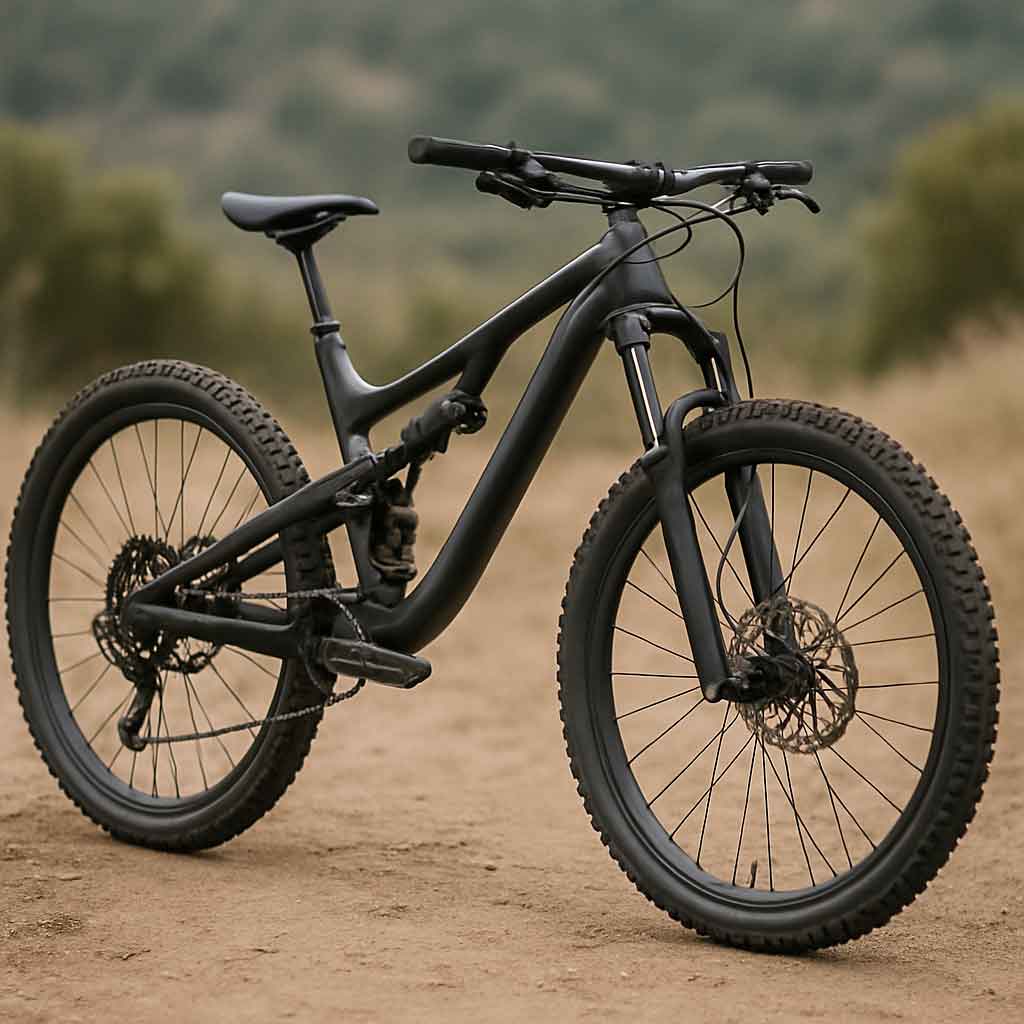Welcome to Mondince Bike - A well-known factory specialized in produce carbon bike frame and other parts since 2007.
Comparing Carbon Fibre and Aluminum Mountain Bikes
When it comes to choosing the perfect mountain bike, one of the most significant decisions you'll make is the frame material. The two most popular options are carbon fiber and aluminum. Each material has its own set of characteristics, advantages, and drawbacks that can significantly impact your riding experience.
In this article, we will dive into the differences between carbon fiber and aluminum mountain bikes, helping you make an informed decision about which might be the best fit for your biking needs.

Understanding Frame Materials
The frame is the backbone of any mountain bike. It's crucial to understand what each material brings to the table before making a purchase.
Carbon Fiber Mountain Bikes
Carbon fiber is a high-tech composite material that is lightweight yet incredibly strong. It is made by weaving together strands of carbon, which are then bonded with resin to create a stiff, durable material.
Advantages of Carbon Fiber
- Weight: One of the biggest advantages of carbon fiber is its weight. Carbon frames are significantly lighter than aluminum, which can be a huge benefit when climbing hills or navigating rough terrain.
- Strength and Stiffness: Carbon fiber provides a great balance of strength and stiffness, which translates to better power transfer from the pedals to the wheels. This can lead to a more efficient ride.
- Vibration Damping: Carbon fiber naturally absorbs vibrations from the trail, providing a smoother ride. This can be particularly beneficial on long rides or when riding on very rough surfaces.
- Customizability: Manufacturers can manipulate carbon fiber during the production process to fine-tune the frame's performance characteristics, such as stiffness and compliance.
Drawbacks of Carbon Fiber
- Cost: Carbon fiber mountain bikes tend to be more expensive than their aluminum counterparts, primarily due to the complex manufacturing process.
- Durability Concerns: While strong, carbon fiber can be more susceptible to damage from sharp impacts, such as crashes or rock strikes, compared to aluminum.
- Repairability: If a carbon frame is damaged, repairs can be costly and complicated, often requiring specialized skills and materials.
Aluminum Mountain Bikes
Aluminum is a metal known for being lightweight, strong, and relatively inexpensive. It has been a popular choice for mountain bike frames for many years.
Advantages of Aluminum
- Affordability: Aluminum frames are generally less expensive than carbon fiber, making them a great option for budget-conscious riders.
- Durability: Aluminum is less prone to catastrophic failure from impacts and is often considered more rugged for rough trails.
- Stiffness: Aluminum frames are typically stiff, providing efficient power transfer and a responsive ride.
- Ease of Repair: If an aluminum frame is damaged, it can often be repaired more easily and cheaply than a carbon frame.
Drawbacks of Aluminum
- Weight: While aluminum is lightweight, it's not as light as carbon fiber. This can be a factor for riders who prioritize minimizing weight.
- Ride Feel: Aluminum doesn't absorb vibrations as well as carbon fiber, which can lead to a harsher ride over rough terrain.
- Less Customizable: Unlike carbon, the production process for aluminum doesn't allow for as much fine-tuning of the frame's characteristics.

Performance Comparison
When comparing carbon fiber and aluminum mountain bikes, it's essential to consider how each material affects the bike's performance.
Climbing and Acceleration
Carbon fiber's lightweight nature makes it easier to climb hills and accelerate quickly, offering a clear advantage for riders who enjoy challenging inclines or need quick bursts of speed.
Descending and Control
While carbon fiber offers superior vibration damping, aluminum provides a different kind of control with its stiffness. Some riders prefer the feedback from an aluminum frame during descents, feeling more connected to the terrain.
Durability in Rough Conditions
Aluminum frames are often preferred by riders who frequently encounter rocky or technical trails, as the material is generally more forgiving of impacts and damage.
Versatility and Customization
Carbon fiber frames can be tailored to specific riding styles and preferences, offering more versatility for those who want a highly customized ride.
Making Your Choice
Choosing between a carbon fiber and an aluminum mountain bike comes down to your personal preferences, budget, and riding style.
- If you prioritize a lightweight bike for climbing and want the smoothest ride possible, a carbon fiber frame might be worth the investment.
- If you're on a budget, need a durable frame for rough trails, or prefer a stiffer ride, aluminum could be the right choice for you.

by Vrlibs Studio (https://unsplash.com/@vrlibsstudio)
Conclusion
In the end, both carbon fiber and aluminum mountain bikes have their place in the cycling world. By understanding the strengths and weaknesses of each material, you can make a more informed decision that aligns with your biking goals and preferences.
Whether you're a seasoned mountain biker or just starting, choosing the right frame material is crucial to enhancing your riding experience and ensuring many enjoyable rides to come.


